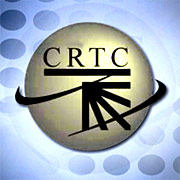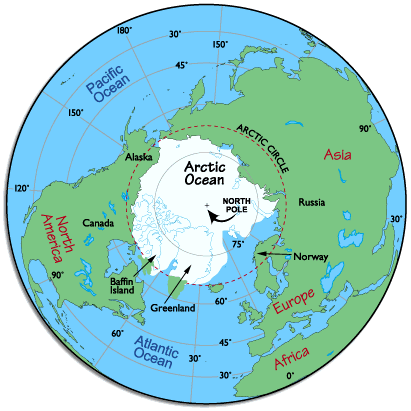Recently, the Canadian Radio-Television Telecommunications Commission (CRTC) introduced regulations turning down television commercial volumes. Over 7000 Canadians complained the volume of television commercials was aggravating last year, which is 10 times as many complaints as the previous 3 years combined. Under the new regulations, digital broadcasters are required to transmit commercials and programs at the same volume.
With so many complaints, one has to wonder how advertisers are going to respond? Clearly loud commercials are no longer as effective. In my opinion, this is a welcome move. I find loud commercials unattractive and consequently am less likely to pay attention to them. With so many complaints, one would think the commercials were starting to negatively brand companies. However, the CRTC is warning the public to keep reasonable expectations. Noise is relative and an average volume commercial following a quiet program could still produce a booming effect.
Does this mean advertisers will continue to try broadcasting loud ads? Research shows television ads are still a very effective way to reach target markets and though online advertising is on the rise, television is not in decline. In conclusion, these regulations will probably mitigate but not solve the problem of blaring television commercials.
Articles:
http://www.cbc.ca/news/technology/story/2012/08/30/crtc-commercial-volume.html
http://www.huffingtonpost.ca/2012/08/30/commercials-volume-loud-crtc-canada_n_1844858.html
http://www.luxurydaily.com/are-television-ads-effective/
Image:
CBC News. “CRTC Logo.” Photo. CBC.ca 07 Apr. 2006. 30 Sept. 2012
<http://www.cbc.ca/news/background/crtc/>.


